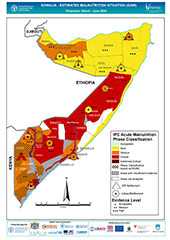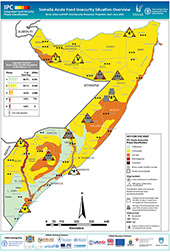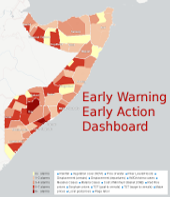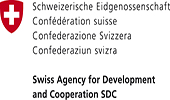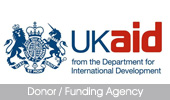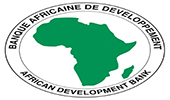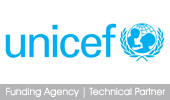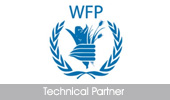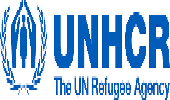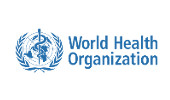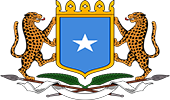Historic multi-season drought to drive widespread and severe food insecurity in Somalia
Issued: December 20, 2021
Highlights
· Historic multi-season drought to drive widespread and severe food insecurity in Somalia
· FEWS NET and FSNAU anticipate 4-5 million people in Somalia will need humanitarian food assistance in 2022 to prevent the occurrence of Crisis (IPC Phase 3) or worse outcomes due to a severe drought that rivals the droughts of 2016/2017 and 2010/2011.
· The 2021 deyr rains have largely failed, with totals ranging from less than 30 percent to 60 percent of average across most of the country. The 2021 deyr season is the third consecutive below-average rainfall season since late 2020, and persistent drought is leading to one of the worst deyr harvests on record alongside excess livestock losses and exceptionally high cereal prices. Many households already face widening food consumption gaps and diminished coping capacity, and acute malnutrition cases are elevated.
· Moreover, research by FEWS NET climate scientists suggests a forecast of waning La Niña conditions may result in a fourth consecutive below-average rainfall season from April to June 2022. Such a historic four-season drought would suppress critical food and income sources through mid-to-late 2022.
· While food assistance is currently mitigating the severity of food insecurity, the scale of the population that needs assistance will likely outpace current and planned assistance levels.
· A scale-up of food, water, and livelihoods assistance is urgently needed to prevent rising food insecurity, alleviate drought-induced destitution and displacement, and save lives and livelihoods, especially in southern, central, and parts of northeastern Somalia.
The full report can be accessed through the following link
